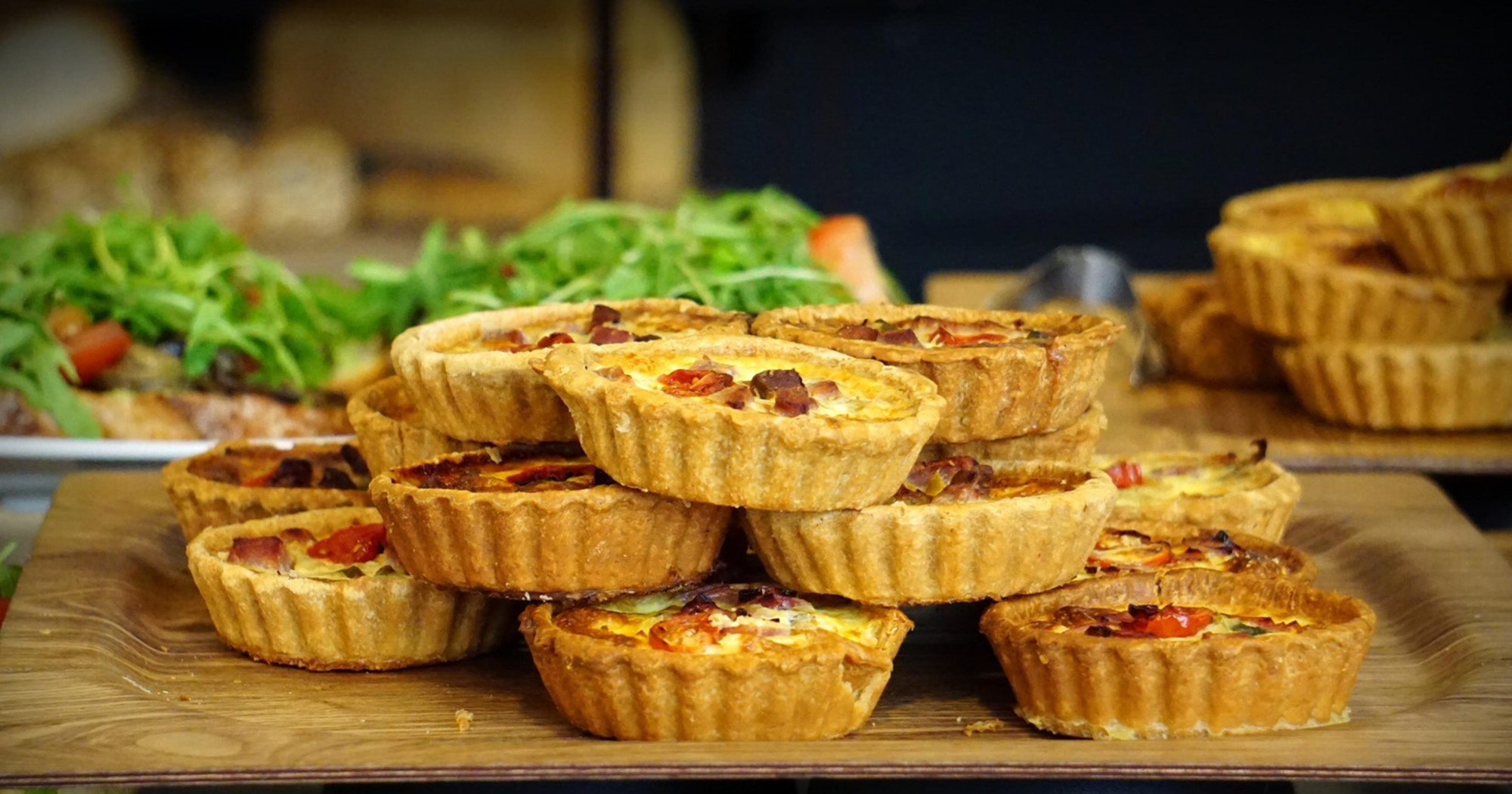Processed foods

We hear the term all the time – processed foods – but what are they and are they all the same when it comes to our health?
What does ‘processed’ mean?
Processed food is a food that has been altered so it is no longer in its original form and may have lost some nutritional properties in the process. More often than not, it also means the food has been combined with other ingredients that make it less healthy.
Examples of processed vegan foods are: breakfast cereals, biscuits, mock meats, vegan cheese, tinned fruit, juice, crisps, pies and pasties, bread, cakes and pot noodles.
From non-vegan foods, the most common examples would be meat products, such as bacon, sausages, salami or pâté, cheese, milk drinks, quiche and pies.
However, foods we see as ingredients are processed too – flour, sugar, oil. In general, the further food is from its natural state and the more processed ingredients it contains, the less healthy it is.
What’s bad about processed foods?
During processing, foods are usually stripped of some of their nutrients – usually vitamins, minerals, fibre or even protein – and frequently combined with additives that may make them tasty but don’t increase their nutritional value one bit. Many processed foods contain added fats, sugars, flavour enhancers, colourings, salt and preservatives.
Heat processing also deactivates some nutrients such as antioxidants in fruit juice or tinned vegetables.
Are all processed foods the same?
No! There are many ways in which a food can be processed and so there are degrees of healthiness for different foods.
Healthy processed foods
Foods that have been processed but in a way that doesn’t significantly diminish their nutritional value or products that contain other healthy ingredients.
- Tofu and tofu-based sausages: tofu is made from whole soya beans and contains most of the nutrients found in the bean – protein, healthy fats, iron, magnesium, potassium, some B vitamins and calcium.
- Tinned beans and chickpeas: these sturdy pulses don’t lose nutritional value in the cooking and canning process – they’re as healthy from a tin as if you cooked them at home. This doesn’t apply to canned fruit and vegetables – they’re a no-go!
- Wholemeal bread: made from wholegrains – a truly wholemeal bread contains plenty of healthy carbohydrates, fibre, vitamins and minerals.
- Natural snack bars: those made of dried fruit and nuts without additives.
- Some breakfast cereals: those with lots of fibre and wholegrains and without added fats and sugars.
- Beanburgers: depending on their ingredients, they tend to be healthy or you can always make your own!
Neutral processed foods
These are foods that contain important nutrients but are missing others – so the overall effect depends on what you combine them with!
- Seitan: made of wheat protein (gluten), it’s a low-fat protein source best eaten with veggies, pulses and wholegrains.
- Mock meats: usually made of soya protein isolates (also known as textured vegetable protein or TVP), which are not ideal because in order to isolate protein from soya, multiple solutions are used and there’s nothing but protein left from the soya bean. However, soya-based mock meats tend to be low-fat sources of protein and if you don’t eat them daily, can be a healthy addition to your diet, especially if eaten alongside vegetables.
- Some breakfast cereals, wholemeal or oat biscuits: there’s usually added fat and sugar in them but if you don’t eat too much of these too often, you’re probably fine!
Unhealthy processed foods
These are foods that are as far from the original ingredients as possible and contain either too much fat, sugar or salt – or all three of them.
- Pasties, sausage rolls, pastries and cakes: usually extremely high in fat and made of white flour. Even if there’s a healthy filling, have these as an occasional treat, not a staple food!
- Savoury and sweet snacks: made from dried potato flakes, starches, flour, sugar and usually lots of fat – you probably know your guilty secrets!
- Commercial vegan cheese: it can be addictive but thanks to the super high fat content, it’s best eaten only in small amounts. Healthier alternatives would be those made of nuts but not all of us can afford them. Nut butters are much more wallet friendly.
- Cereal bars and flapjacks: loaded with fat and sugar, these are often portrayed as a healthy snack but are far from it! And the same applies to sugary breakfast cereals – if the first two ingredients are sugar and flour, you know it’s not good for you.
You may have noticed that some foods are not included in my examples and that’s because there are big differences between brands or kitchens that make them – for example noodle dishes. Instant noodles are almost always unhealthy, fried noodles from takeaways likewise but there are also healthy soba noodle restaurant or convenience dishes.
There’s a lot of processed foods out there and the term is tossed about a lot but it covers a very wide spectrum. Predictably, the key is to read the ingredients and know what goes into the food you’re eating. It’s a good idea to have some natural, unrefined foods every day and choose wisely when it comes to the processed ones.




